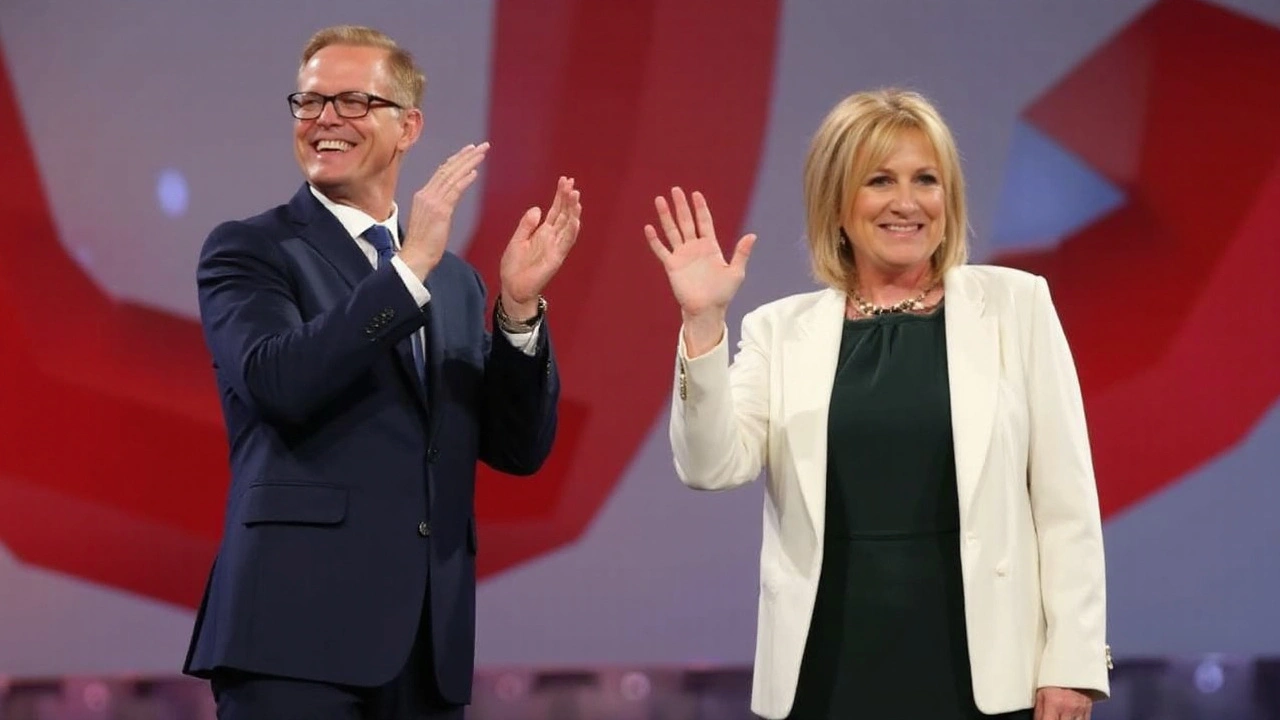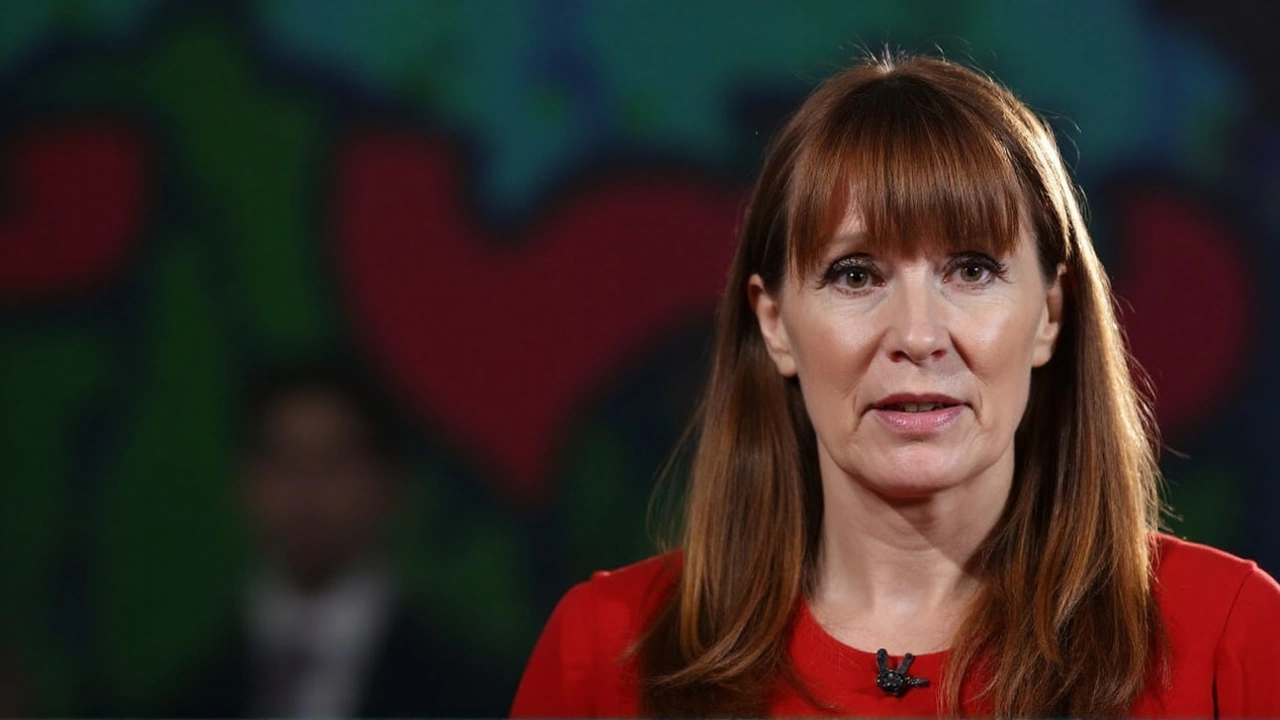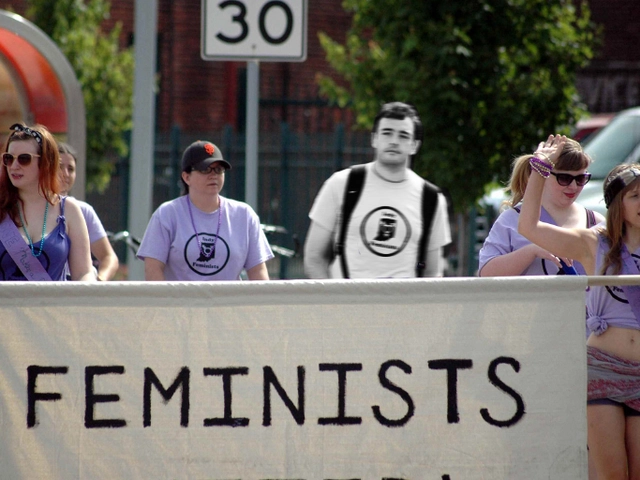Strip away the Westminster noise and here’s the blunt reality: if Labour sidelines Angela Rayner, it risks smashing one of the few sturdy bridges it still has to working-class Britain. Not a rhetorical bridge—a lived one. Rayner’s life story, her union grounding, and her plain-spoken style make her a rare figure who can walk into a town hall, a union branch, or a housing estate and not sound like an outsider.
The party’s power brokers know the numbers. Support since the election high-water mark has softened, expectations on housing and living costs are stacked sky-high, and patience is thin outside London. Rayner, as Deputy Prime Minister and the minister responsible for levelling up, planning, and housing, sits right where policy meets daily life: rents, regeneration, and the future of local government. That’s not a ceremonial perch. It’s the front line.
Why Rayner matters to Labour’s coalition
Rayner’s rise didn’t come through think tanks or the usual Oxbridge pipeline. She left school at 16, worked as a care worker, and became a UNISON rep before entering Parliament. Voters hear that and lower their guard. It’s not image-building; it’s biography. In a government that brands itself “mission-led,” she gives texture and voice to those missions—especially when the slogans feel abstract.
There’s also the hard politics. The deputy leader is elected by party members and affiliates, which gives Rayner her own mandate and a direct line to the movement beyond Westminster. That role has long balanced Labour’s internal coalition. John Prescott embodied that tradition during the New Labour years, translating between party elites and industrial Britain. Today the pool of MPs with manual or non-graduate backgrounds is much smaller than it was a generation ago. That makes Rayner’s presence less a nod to nostalgia and more a practical necessity.
Look at the electoral map. Labour’s vote in post-industrial towns and smaller cities—places hit by deindustrialisation and flatlining high streets—depends on trust. Rayner’s style plays in those rooms. She doesn’t speak in policy bullet points; she talks about rent, shifts, and the price of the shop’s basics. When a cabinet minister does that without sounding rehearsed, it cuts through.
Her portfolio matters, too. Planning reform is where Britain’s grand promises usually die. If Labour wants more homes built, more brownfield sites revived, and less red tape strangling local investment, it needs a political operator who can bargain with councils, cajole developers, and still face a union conference without getting booed off stage. Rayner’s trade-union education is an asset there. She can sell tough compromises because people know where she comes from.
Inside the party machine, she sits at a crossroads: members, unions, council leaders, and MPs on the soft left. That network is priceless when the government’s message risks sounding managerial or bloodless. Allies see her as the “human interface” of the mission agenda: jobs, housing, safer streets. Critics, who prefer tidy comms and fewer unscripted moments, sometimes bristle. But the bigger picture is simple—take away that interface and you widen the distance between the party and the people it says it’s rebuilding the country for.
There’s also a cultural piece. Labour has become more university-educated over time. That’s not a crime; it’s a fact. But culture clashes inside broad coalitions are real. Rayner helps signal that non-graduate Britain isn’t just welcome—it’s leading. Parties that forget how to send that signal often discover it at the ballot box.

What happens if Labour sidelines her
Play out the scenarios. If Rayner were demoted, pushed out, or quietly moved to a role with less bite, the immediate story would be about discipline. But the deeper impact would be felt in four places:
- Symbolism: It would read, fairly or not, as a message that the grit and accent she represents are “off brand” for government. That label would stick.
- Organisation: Ties with unions and local leaders would fray. Not break, but fray—and when pressure mounts on pay deals or planning rows, frayed ties snap.
- Electoral: The marginal seats that flipped back to Labour in ex-industrial areas are not bolted down. Take away a relatable messenger and you invite a protest vote—sometimes to the Tories, sometimes to smaller parties, sometimes into abstention.
- Narrative: The press would have its script: Labour trims away its working-class voice. Even if unfair, stories like that harden perceptions fast.
Could someone else fill the role? Realistically, not many. The number of senior figures with deep union roots and a non-metropolitan profile is thin. That’s why past Labour leaders paired technocratic modernisers with heavyweight interpreters who could speak fluent workplace. Rayner is that interpreter in this government.
None of this means she’s above criticism. Big jobs demand message discipline and delivery. Housing targets won’t hit themselves, planning reform will anger some of Labour’s own councils, and the levelling-up brief is a minefield of old promises and thin budgets. But the fix for those problems is sharper policy craft around her—not her removal. Swapping personnel for policy is politics-by-optic, and voters tend to smell it.
There’s a practical test for No. 10 as well. If Labour wants its “missions” to feel real—growth people can see, safer communities that aren’t just stats, NHS backlogs that actually shrink—it needs trusted messengers beyond the Prime Minister and Chancellor. That requires a chorus, not a solo. Rayner broadens the chorus to places that still don’t fully buy the technocratic pitch.
Watch three indicators over the next year. First, polling among C2DE voters and non-graduates—if that softens sharply, alarm bells. Second, union conference mood—if applause turns to frost, the government’s negotiating room shrinks. Third, the pace of planning decisions and social housing starts—if delivery stalls, even a respected messenger can’t sell thin results.
There’s a lesson from Labour’s past stumbles in Scotland and the English North: when voters think a party has drifted away from their lives, they don’t usually send a memo. They just stop showing up. Keeping a leader who can speak to them in their language is not a luxury item. It’s the difference between a project that embeds and one that floats above the ground.
If Labour wants to shift from managing the country to changing it, it must hold tight to the people who can translate policy into trust. Right now, the government has a finite number of those translators. Angela Rayner is one of them—and that’s exactly why her place at the core of the project matters.



